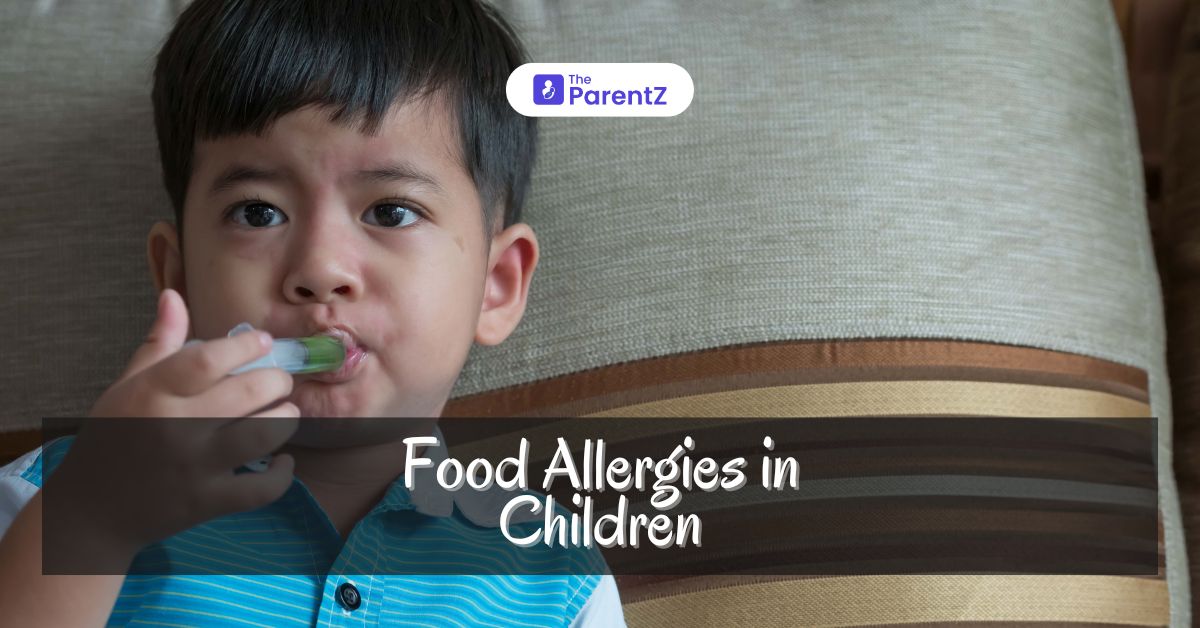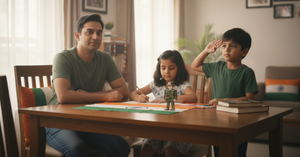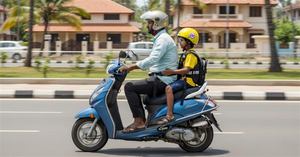What are food allergies?
Food allergies, as the name suggests, is an allergy to a specific food item or food group. A child can have a food allergy when the immune system of the child is extremely active and reacts in a volatile manner to normal food. Food allergies manifest at a young age. Even though most food allergies are mild, there is always a risk of the next allergic reaction becoming life threatening.
What causes food allergies in children?
A child can develop a food allergy to any substance. It can vary from child to child. Nevertheless, there are a few food groups which are very common allergens and these include:
- milk
- eggs
- peanuts
- soy
- wheat
- nuts
- fish
- shrimp
- sesame
What are the signs and symptoms of food allergies?
There are a wide range of signs and symptoms of food allergies. These involve a lot of organ systems of the body and not just the gastrointestinal tract. The symptoms appear due to release of a chemical substance histamine into the bloodstream. The common symptoms are:
- The child wheezes while breathing
- The child may have trouble breathing
- The child can have hoarseness of voice
- The child feels the throat tighten
- Belly pain may be present
- Vomiting and diarrhoea can be present
- Sometimes, the eyes can become itchy, watery, or swollen
- Hives can appear all over the body
- Red spots can be present over the skin
- There can be a drop in blood pressure which can lead to lightheadedness or a loss of consciousness
How are food allergies in children managed?
You should act immediately if your child ever has a reaction due to a food allergy. Time is very important in case of any such emergency. You should follow these steps-
- Immediately give the epinephrine auto-injector. You should give this medicine first and then call emergency services.
- You should give the auto injector immediately if the signs of allergy involve two or more systems of the body such as hives over skin along with swelling of the throat.
- You should always go to the hospital even if symptoms improve after epinephrine. The child needs to be kept under medical supervision for some hours to manage the second wave of serious symptoms if need arises.
What should I know as a parent?
Food allergies can be dangerous as the child is allergic to a substance which is very common. You should know what to do in case of an allergy reaction and what precautions to follow for your child to keep them safe.
- You should help your child to avoid food allergens which can trigger a reaction.
- Always read the food labels before buying consumables from the market. Avoid items which contain the allergen.
- You should always look out for cross contamination of food items. The non allergic food if comes in contact with allergen physically or is prepared in the same utensils may trigger a reaction.
- Ensure that you always have at least two epinephrine auto injectors with you.
- You should always inform the child’s other caregivers, teachers about the food allergy. You should also make sure that they know what to do in case of an emergency.
- Periodically keep checking that the auto injectors are not expired and kept in an ambient temperature, not too hot or too cold.
- You can also make your child wear a medical ID bracelet. It contains details of the child’s food allergy and how to use the epinephrine auto injectors in case of an emergency.
- If your child goes to a party or out with friends, you can make allergen free and safe food for the child to completely eradicate the risk of reaction.








Be the first one to comment on this story.